First Quarter: Foundational thoughts on herbalism
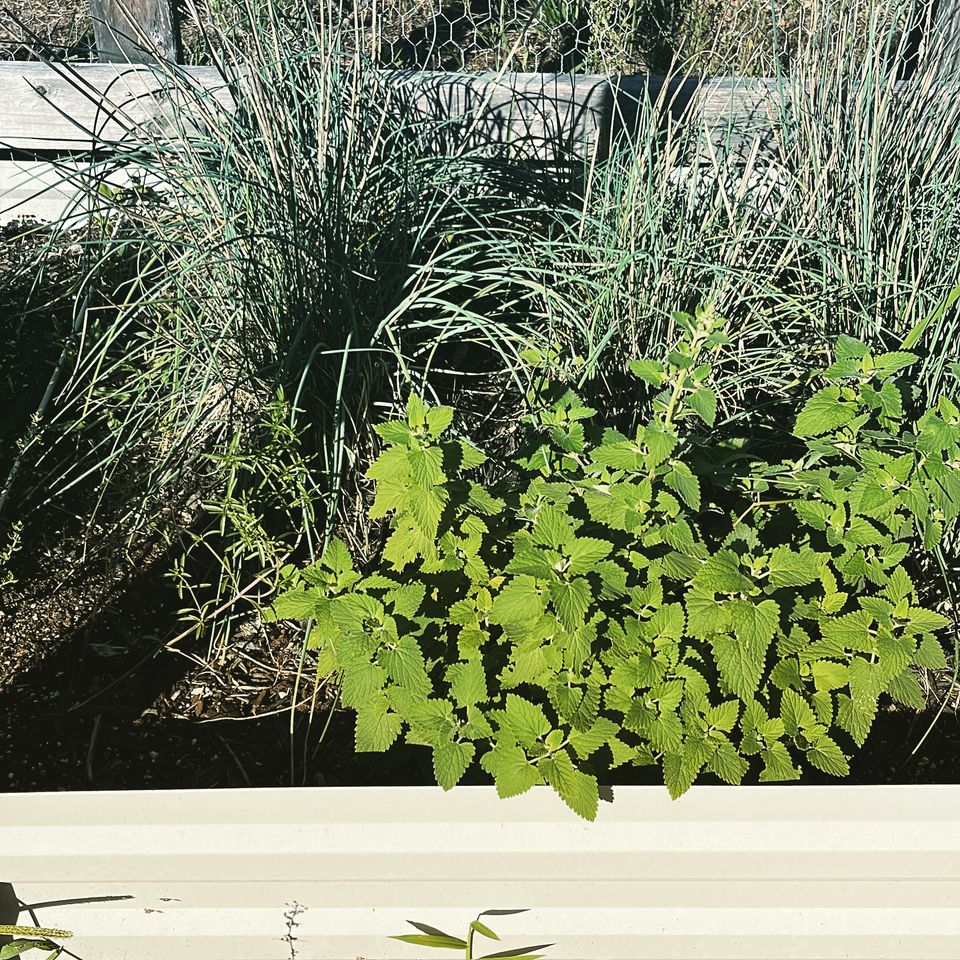
Hello, everyone. It's Friday — and although the solstice came last week, so I had a midsummer-centric post then for paid readers, this week we are still very much in the longest days for this hemisphere.
To me, this is the wild, freewheeling time before the solemnity of harvest time begins; but over the years I've met more and more ritualists, specifically those self-describing as pagans and/or witches, who consider the summer solstice a kind of secret harvest festival. Despite how the grain harvest in August is more traditionally "the feast of the first fruits," there's almost no time of year at this latitude when something can't be foraged or harvested, and for example here at the end of June is when the strawberry crop has already come in, or when (assuming the weather's been favorable) you can eat locally grown peaches and nectarines[1]. But never mind actual fruits — for us hedge witch types, the real bounty of this season is apparently herbs. I say "apparently" insofar as I've been growing herbs and observing wild herbs outside for years, but it took several other people's remarks to gradually clue me in to how oh yes, of course, in my herb garden this is about the time when any newly planted herbs are ready to cut, and when any herbs that stayed established over the winter probably need to be cut.
So: harvest season or not, we're at least in herb season. I think it's only fitting that this week I finally express as many of my thoughts as possible about the alternately trendy or controversial practice of herbalism, which is a relatively new part of my life and which I've been slowly studying with a strange mix of skepticism, relief, and the sense that I'm doing something I was always meant to do.
Credit where credit is due (or: this is more about what I can do for plants than what they can do for me)
Just like my relationship to fiber arts, which I wrote about some weeks ago, I first took up gardening as a kind of intentional connection with family members whose skill and passion I wanted to honor. My mother kept a modest but lovely garden before my parents divorced, and I would help her there when I was young, which taught me a few basics and an appreciation for many of the flowers, herbs, and fresh vegetables I still love today. On the other side of my family, my father's father was also an avid gardener; he helped my mother build one of her raised beds, and one reason they connected as in-laws was this shared interest. "How much stock I think you should put in astrology" is a newsletter topic that's still pending, but at bare minimum for humorous reasons I have to point out that my mother's a Virgo, and my grandfather was as well. Gardening Virgos? Say it isn't so...
In any case, though, while I liked gardening as a familiar activity, for years of my adulthood I didn't think I was good at it. I had tried it a bit on my own during college and met with decent success despite a suboptimal location, but I held some mystical concept of a Green Thumb in my head and was certain that I didn't have that. To this day, I know some concrete reasons why gardening will never be an arena in which I unambiguously thrive:
- My autism flavor gives me sensory dysphoria problems with getting my hands literally dirty. When gloves don't provide adequate coverage (and they never will), I can get fussy.
- I'm sensitive to heat, humidity, and sunlight itself, so I can't do long stints outdoors in the height of the growing season unless I can time things just right with shade and baseline hydration, and unless I'm willing to still suffer a little bit.
- My abnormally small[2] build makes reaching, lifting, and shifting various things a challenge. Since I've been going to the gym for about nine months, this is getting better; but some of my leverage is permanently, to put it bluntly, fucked.
- Physical constraints aside, I have a few other interests that consume my attention more wholly than gardening can — I just can't center the garden enough to truly "maximize its potential."
Nonetheless, besides ignoring the capitalist imperative to maximize anything, I've now been doing this just long enough to recognize that working with plants is a lesser yet still-significant calling that goes beyond doing something in relatives' memories. I like plants, plain and simple. I like their simultaneous peace and eeriness. Spending time with plants is good. I don't know if I like plants more than animals — there's no absolute comparison you can make — but they have spirits that seem particularly well-suited to imparting the kinds of wisdom that I personally need to hear. They are so patient and tenacious at the same time. I also appreciate the local pollinator and herbivore populations and I want to help cultivate this link in the food chain for them.
In that respect, though I'm now unconvinced that a green thumb is a meaningful concept, I think several years of gardening have shown me one natural instinct of mine that I would recommend any other gardener try to share: I don't overthink what plants need. I may be a consummate overthinker in other parts of my life, but sometimes my relative "laziness" in the garden is a virtue. Occasionally I've neglected things to their actual detriment, but mostly I'm not trying to grow anything that can't grow pretty well by itself in this region. I have a vision for what can be created here through the right combination of native species and adaptable, non-invasive transplants, but I'm not a terraformer. Lots of things intentionally growing outside our house are there with the help of no more technology or techniques than someone could have used thousands of years ago, and I'm happy to let them continue that way.[3] And I think that between my instinct to not overthink plants and my desire to spend time with plants, gardening was destined to take some kind of special place in my witchcraft. Especially herb gardening, since I love cooking with herbs and I've always associated herbs and flowers with witches' spells; I long recognized their symbolic, ritual power even if I saw their physical power as minimal.
But as to that last point, when it comes to herb gardening and foraging on a medicinal level I have to specifically thank my friend from bygone days, hedge witch Rebecca Beyer. Through the time we spent together in college and the knowledge I've gleaned from her online writings and now in-print publications, she's been one of my primary inspirations to pivot from treating herbalism as charlatanism to treating it as something much more complicated. In turn, I have to credit the people she credits most with informing her ethnobotanical knowledge of the Appalachians; where she lives, only a fraction of this knowledge comes from white settler traditions around imported European plants, with a great deal coming rather from Black herbalists and, most prominently, indigenous tribespeople who have stewarded the mountains for millennia. I live hundreds of miles further north than Rebecca, but I'm still within the general Appalachian bioregion and likewise occupying the land of other Eastern Woodlands tribes.
I need to highlight this fact not simply as some kind of token land acknowledgment but because of how Rebecca and other guiding figures in my process of self-decolonization have nudged me to study herbalism as a decolonial, ecological practice. My primary reasons for studying herbalism have not been the anticipation of relinquishing mass pharmaceutical medicine, but instead a) the anticipation of finding a concrete focal point for stewarding and protecting local plants as indigenous residents here would do, and b) the anticipation of recovering land relationships from the ethnobotany of my own ancestry.
In other words, I'm less invested in actively, constantly treating my own health conditions (or others') with local plants, and more invested in understanding which plants have historically mattered to various populations' medical traditions — or (as with foraging) understanding which plants that I once considered weeds could actually be advantageous. Both of these understandings give me a more grounded, appreciative framework for ecological defense and restoration. When local plants that you wouldn't gain much nutrition from on their own are still useful as medicinal agents, or even just as delicious flavoring, this helps create an additional investment in protecting them. For better or worse, sometimes humans need these selfish motivators.
Caution where caution is due (or: please don't expect literal or even partial miracles)
I think the above factors alone form a sufficient position for exploring herbalism. But on top of that, it does bear saying that learning herbalism is also worthwhile for the reasons that you may already be used to hearing, despite the exaggerated claims sometimes offered. It is true, for instance, that:
- The chemical compounds forming the basis of modern pharmaceutical medicines are overwhelmingly (though I'm not enough of an expert to say entirely) derived from plant matter. Freeing myself from "Big Pharma" is certainly a noble goal.
- Plants as poisons have powerfully gendered implications. Poison is traditionally a "woman's weapon" not as a sign of cowardice but as a tool that can stay available to women even when other, more obvious weapons aren't. Likewise, though not all women can ever get pregnant and not all people who can get pregnant are women, historical knowledge of midwifery has been the provenance of women, and with this knowledge has come cultivation of risky but effective herbal abortifacients. Under the current US political climate, while I always think getting a safe, medically controlled abortion is the wisest choice, herbal abortifacient info remains vital to pass around for people who need abortions under the most dire circumstances.
- If the problem with knowing whether an herbal medicine is effective is the lack of experimental data, well, I've decided to become the experimenter I wish to see in the world. All the plants I'm going to profile in this post are ones I've already tried for medicinal experimentation or that I feel safe trying in the future. I don't recommend ever trying certain things, and just because I've tried or would try one thing does not mean I automatically recommend that everyone else do so. But in the last few years I decided it's not enough to say there's not evidence for a certain plant "working" — gathering at least one data point, through firsthand experience, helps me develop more informed beliefs about herbs, as well as more informed doubts.
But besides downplaying these things next to the basic importance of preserving ethnobotanical knowledge, now I do want to offer a very serious warning. Before that bulleted list I mentioned exaggerated claims: I cannot exaggerate just how exaggerated many claims about herbal remedies can become. I roll my eyes at any herbal guide that claims a certain plant possesses healing compounds that it simply does not possess, or if the guide claims a certain compound is a miracle cure for a severe illness. I likewise flinch at any guide promising a certain plant will always help a particular condition every time — or mentioning a plant whose toxicity for an adult human or drug interactions are worth paying attention to, and neglecting to say anything about it. Openly fallacious or hyperbolic statements about medicinal plants can be quite dangerous, with or without citations, and they're why I used to call "bullshit" on herbalism altogether. I especially never trust statements from someone who's trying to actually sell me the herb in question, or who thinks industrially produced acetaminophen/paracetamol is an ineffective fever-breaker, or who thinks vaccines are injected mind control agents for playing some role in a conspiracy of Jews and extraterrestrials.[4]
To counter these tendencies, I cross-reference any herbal medical claim I look at and I highly recommend that if this is an area of curiosity for you then you should also cross-reference, including things I say in this post or any future posts along herbalist lines. Especially what I say, in fact, since I'm not even an amateur expert, more like an amateur amateur. And on top of this caution, I bear in mind the fundamental problem of dosing an herbal medicine: most of the time, with the technology and experience people will have when starting on this journey, it will be impossible to control dosing to a degree that always guarantees effective, safe treatment!
The advantages of industrial drug production are a) control of exactly how much you have of your starting compound, and b) exactly how well you can refine it. Even if a plant has a genuinely helpful compound in it for something, your mileage may vary as to whether it works, or works too well, which is particular cause to not idly tinker with toxic plants ("the dose makes the poison," as I and other people who talk about this topic will invoke repeatedly). You probably won't have lab-grade processing or testing options, and you also won't initially have many ways to tell which plants will give you a good yield. Whether you grow your herbs, forage them, or buy them, everything is trial and error.
A key argument I've read from Rebecca is about the contrasting advantage of indigenous ethnobotany: for an indigenous community, people live near or visits the same exact population of local plants for years on end, and they pass on knowledge about it to their kin, which creates a community databank for where to find the most reliable and safe sources of the herbal compounds they need. I do not have this knowledge, and in all likelihood most of the people reading this post when I send it also do not; it can only be gained by living around the same plants for much of your life and testing them yourself rigorously, helped along by what ancestors who also lived around them pass on to you.
Everything I've said so far is the core essence of what I believe about herbalism and what I'd like other people to understand of those beliefs even if they understand nothing else. To put it all in one succinct paragraph: I think exploring herbal medicine is interesting and relevant to restoring land-connectedness, as well as potentially empowering; but I've started my herbalism education with the expectation that anything I try is as likely not to help me as it is to help, and that the less cautious I am, the more likely that I could hurt myself. I am trusting no self-appointed experts unless they show humility about their own areas of ignorance and unless they offer non-extreme claims with concrete details that I can corroborate through others' research or through my own careful tinkering. And I'm not treating herbalism as a path to replacing industrial pharmaceuticals in my life — only as a path to making them less necessary for certain purposes, especially if they should ever become unavailable.
If that's all you would like to know about what I have to say on herbalism, then that's all I would really ask you to read. But if you're still with me, I'm going to spend the rest of this post as an ode to some of the plants that I've already found some personal medicinal value in or that I've been very interested in trying. I'm just going to give one last emphatic disclaimer:
Most of the plants I've described here are very unlikely, as far as I know, to cause you lasting bodily harm if you ingest or apply them in any remotely large amounts, but this does not mean that my featuring them here is a guarantee that they will do anything clinically significant for you, and if you ever decide to try these plants for medicinal purposes, you should be absolutely certain (beyond a shadow of a doubt) that you have the correct plant. At my own risk I have not discussed much of my experimentation with my doctor, because I tinker very infrequently; but you may wish to talk with your doctor regardless, especially if you're on more daily medications with common interactions than I'm on.
Now, warnings complete, to the herbs.
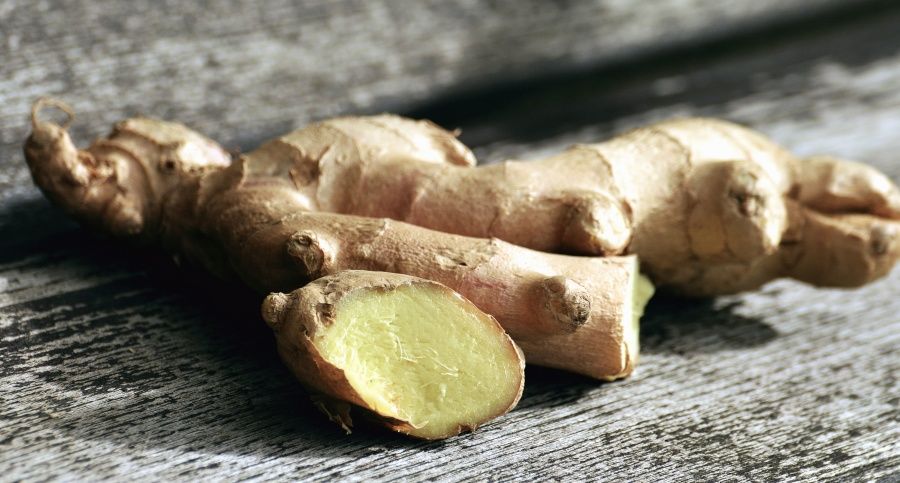
Ginger
An herb suggests the leaves of a plant, but any part of a plant might be used in herbalism, depending on the point. With ginger, of course, the root is what's most popular, both as a seasoning and as an at-home remedy for nausea. I used to think it was why I felt better when I drank ginger ale during a stomach bug. Well, that was either a placebo or my body just enjoying the carbonation to help me pass gas; most commercial ginger ale no longer contains real ginger. Nonetheless, in my earlier adult life I wound up trying some candied ginger when I was having a bout of motion sickness. That did help me, and it persistently helps me! I even love ginger's zingy tingle, so if I'm feeling particularly queasy I'll often reach for it. As to what other health conditions ginger might be good for, I can't personally attest.
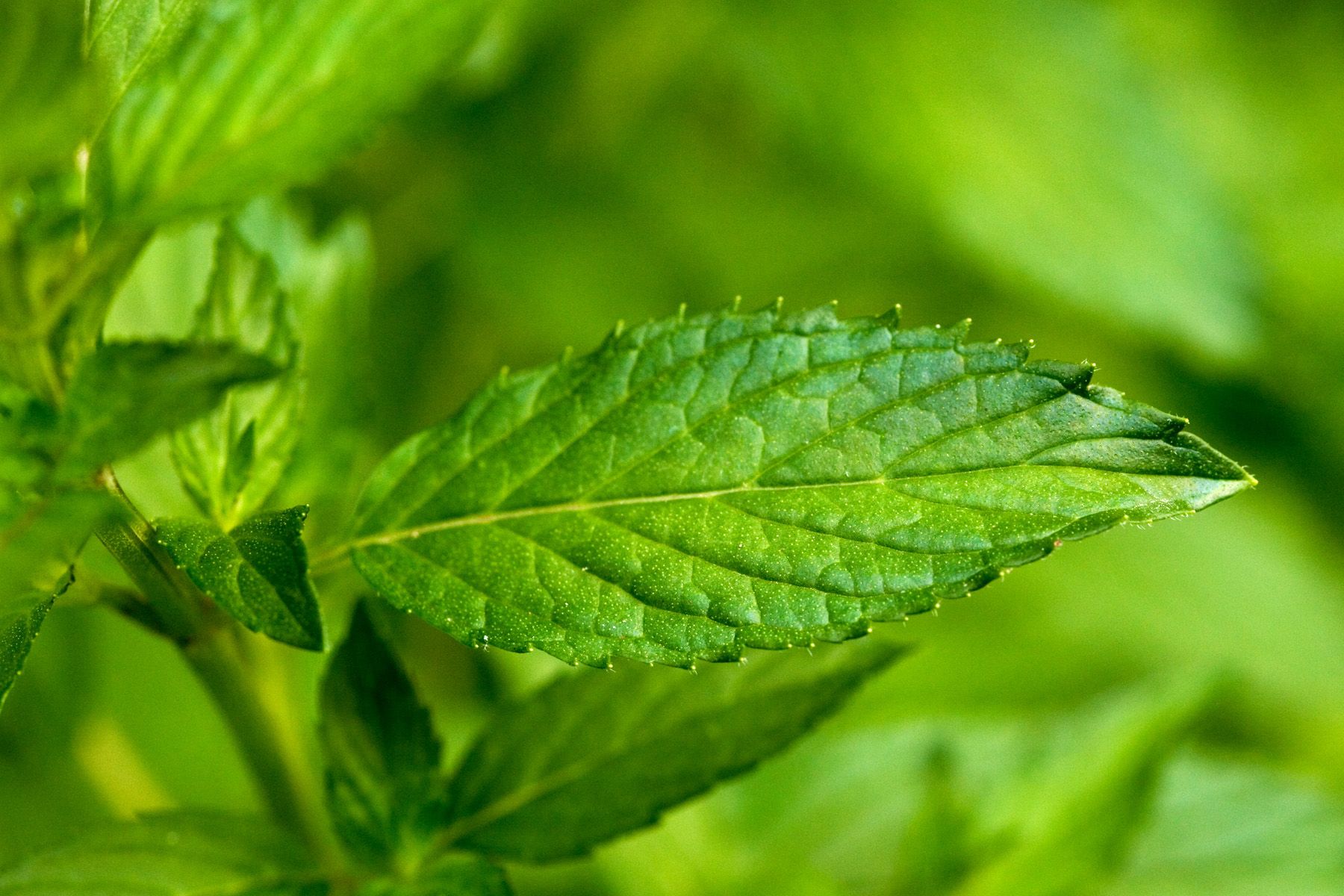
Mint
I love mint for the flavor. I'll even eat whole, fresh leaves just to make my breath nice on top of my mint-flavored toothpaste and mouthwash regimen. But it also turns out that I've had some luck with mint for its folkloric value as a soothing agent. As touted, peppermint tea can relieve gas cramps; I don't find it works as reliably as commercial simethicone, but it's decent, and I don't think it's an accident that antacid + gas relief medications like Maalox or Mylanta rely on a "traditional" mint flavor. I also agree with assessments of peppermint tea relieving anxiety. I find it incredibly relaxing to drink — in a way that other herbal teas are not. Of course, as menthol relaxes both nerves and gastrointestinal muscles, with the latter it also doesn't surprise me that a tradeoff for peppermint tea is acid reflux. It relaxes my esophageal sphincter — so I try not to drink the tea on an empty stomach or with anything else that aggravates my reflux, and I'll go for the Maalox instead if I want to play it safe.
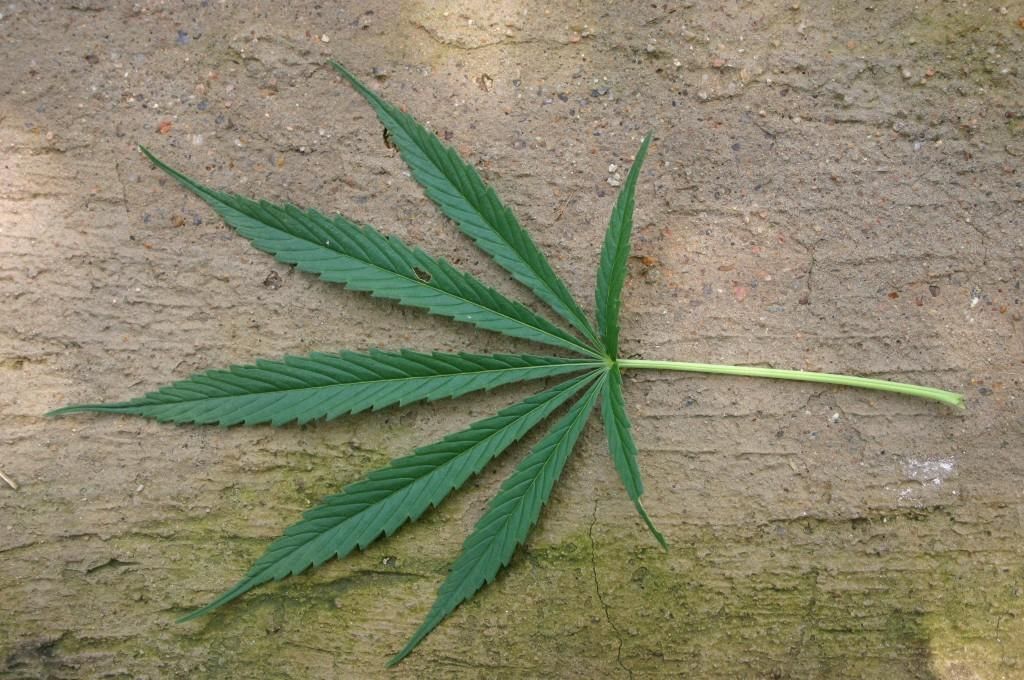
Cannabis
This is a "no shit" inclusion insofar as obviously, cannabis is an effective drug. It makes me and most people who take it, well, high. The real question is what it does besides make people high. The rise in legalized medical cannabis has offered unprecedented opportunities to see whether the chemical compounds of THC and CBD can effectively treat conditions like (as claimed) poor appetite, nausea, chronic pain, anxiety, depression, migraines, and more. A lot of these claims are long-attested but also as a legal market grows there's been an increase in newfangled snake oil talk, turning cannabis from a useful and fun drug into yet another miracle drug. There's also a lot to speculate about as regards the delivery mechanism (smoking? vaping? eating? tincture?) and whether it's THC or CBD that's having the real effect.
I use cannabis more recreationally than anything else, and I prefer to vape over alternative mechanisms, but I've also tried a CBD tincture on its own. As far as my own personal experience goes, I will say that of course cannabis stimulates my appetite, and it does help certain types of pain but not all; it's more like I notice or care about the pain less, rather than actually feel it less. It very much helps my anxiety, though I feel like I've had the best experiences on that front with indica-heavy blends where the CBD content is supposedly higher[5], and I've had a couple of paranoid, uncomfortable highs in the past. There is no doubt in my mind that cannabis has mental health effects, but it's fickle and in a way it exemplifies the inexact dosing problem. Interesting, then, that social enthusiasm about cannabis has ultimately resulted in more and more medical authorities treating it as a "real" medicine, whereas there's been no such movement for most other herbal remedies.
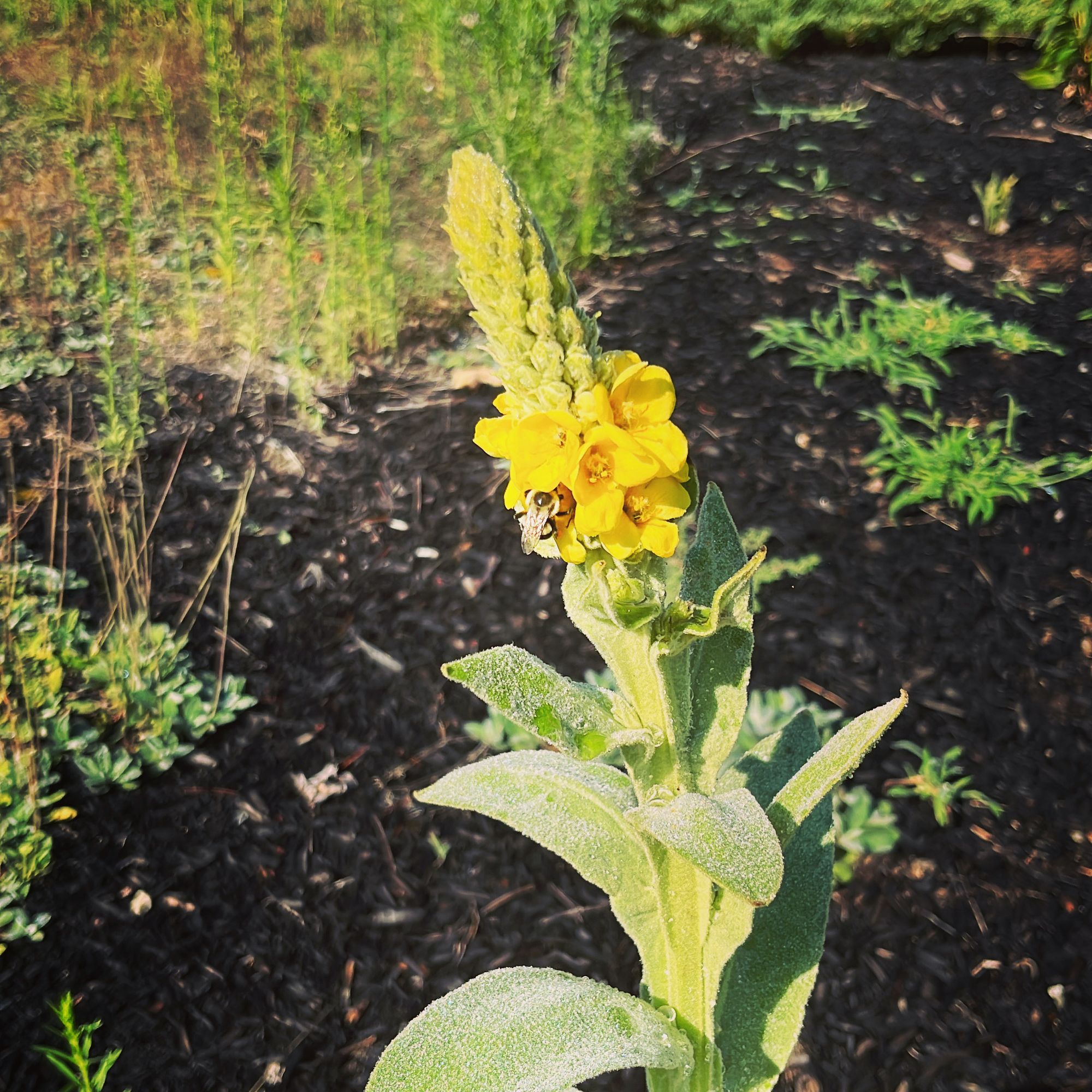
Mullein
A recent discovery, which is to say: I've known about mullein (specifically great mullein, Verbascum thapsus) for a few years, but I only tried mullein leaf tea last year, from a mullein plant that popped up on our lawn that summer. If you recognize mullein in the above photo, you may think of it as an annoying weed that loves reseeding itself year after year. However, as many an herbalism 101 guide will tell you, this plant is great. It provides lots of good nutrients for the local insect population (so, clean it very thoroughly when harvesting) and you can burn the stalks as giant candle wicks if you paint them with beeswax (known as a hag's taper, which I have a photo of in a recent post). Most parts of mullein, especially the leaves and blossoms are safe for humans to consume; the only thing to really be careful of with those parts is that mullein's a very "hairy" plant, so eating things indirectly would be unpleasant. The most commonly recommended approach is to steep the leaves or the blossoms in water using whatever mechanism you prefer to keep the hairs strained out.
Last year's mullein leaf tea experiment didn't taste the most appealing, but among the other conditions that mullein is supposed to help, one is clearing congestion by thinning out mucus — and I definitely found my nose running to a telling degree after I drank the tea, and not in a way that suggested I was allergic. I don't think I'd go around drinking mullein leaf tea for fun, especially not if it might give me the sniffles for no good reason, but we have another mullein plant growing this year whose leaves I will definitely collect, dry, and crush up for further experimentation with a potential decongestant.
Minor toxicity warning: once mullein's flowers are fertilized, the seeds that form will contain a toxic compound with neurological effects on animals such as fish. This once made mullein seeds a traditional fishing tool to "stun" fish by scattering seeds in their surrounding watery environment. This fishing method has been banned as a form of animal cruelty, and I can't say I disagree. But more importantly for non-fishers, just to be on the safe side I would keep mullein seeds away from other animals like cats and dogs, and I would not ingest them as a human even if they might not really affect me.
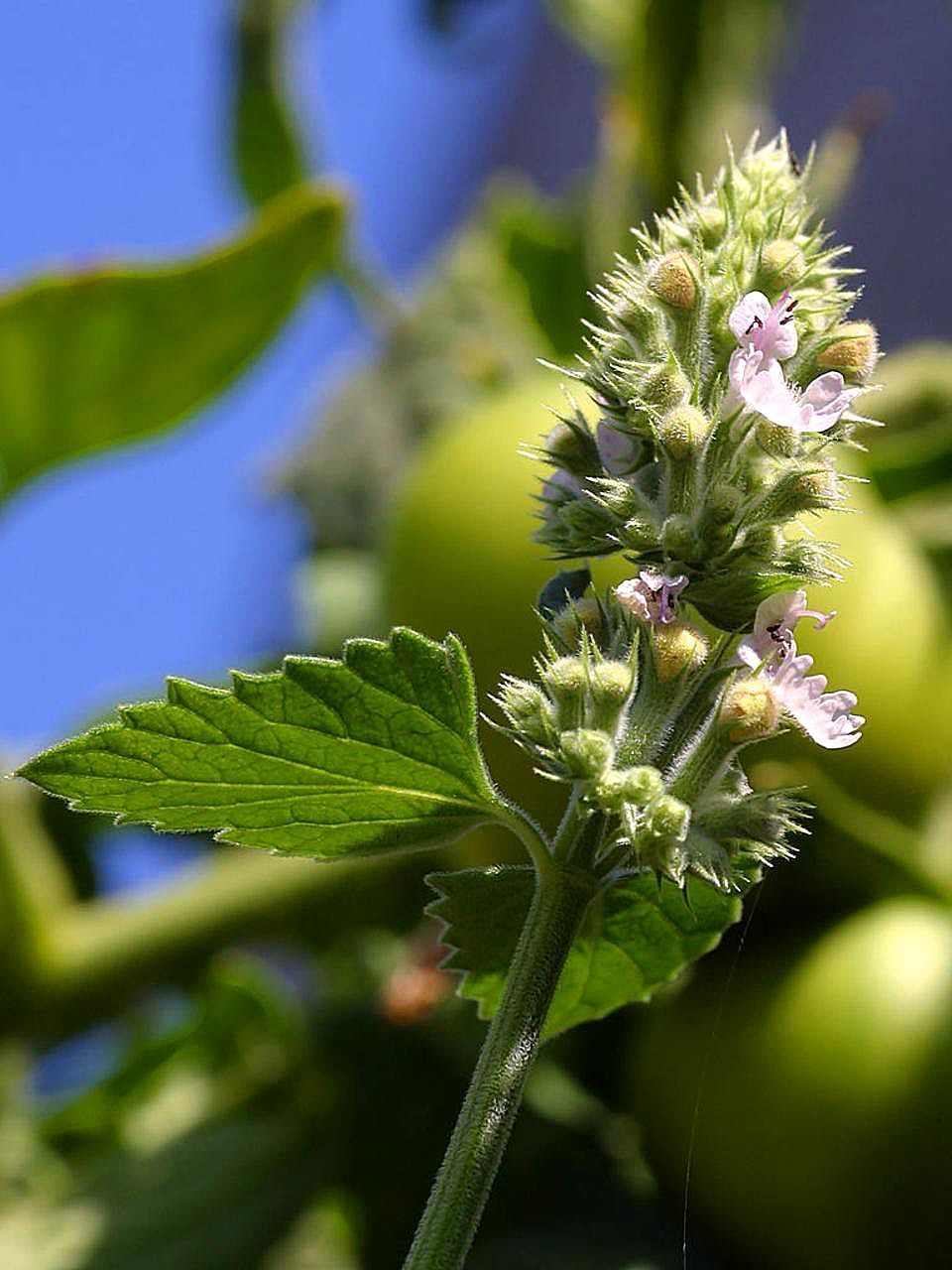
Catnip
This is on my "to try" list. Catnip tea is touted, like peppermint tea, to soothe anxiety. As an anxious person I'm always looking for low-impact ways of addressing that — and if all the mint family herbs that are explosively thriving in our garden, the catnip is currently doing the best, almost absurdly so. We planted it to have for the cats, but I dried a huge amount of it last year and have now finally crushed it up to try in tea form. I love how catnip smells — somewhere between mint and cannabis — so I'm very curious to see how it tastes when steeped.
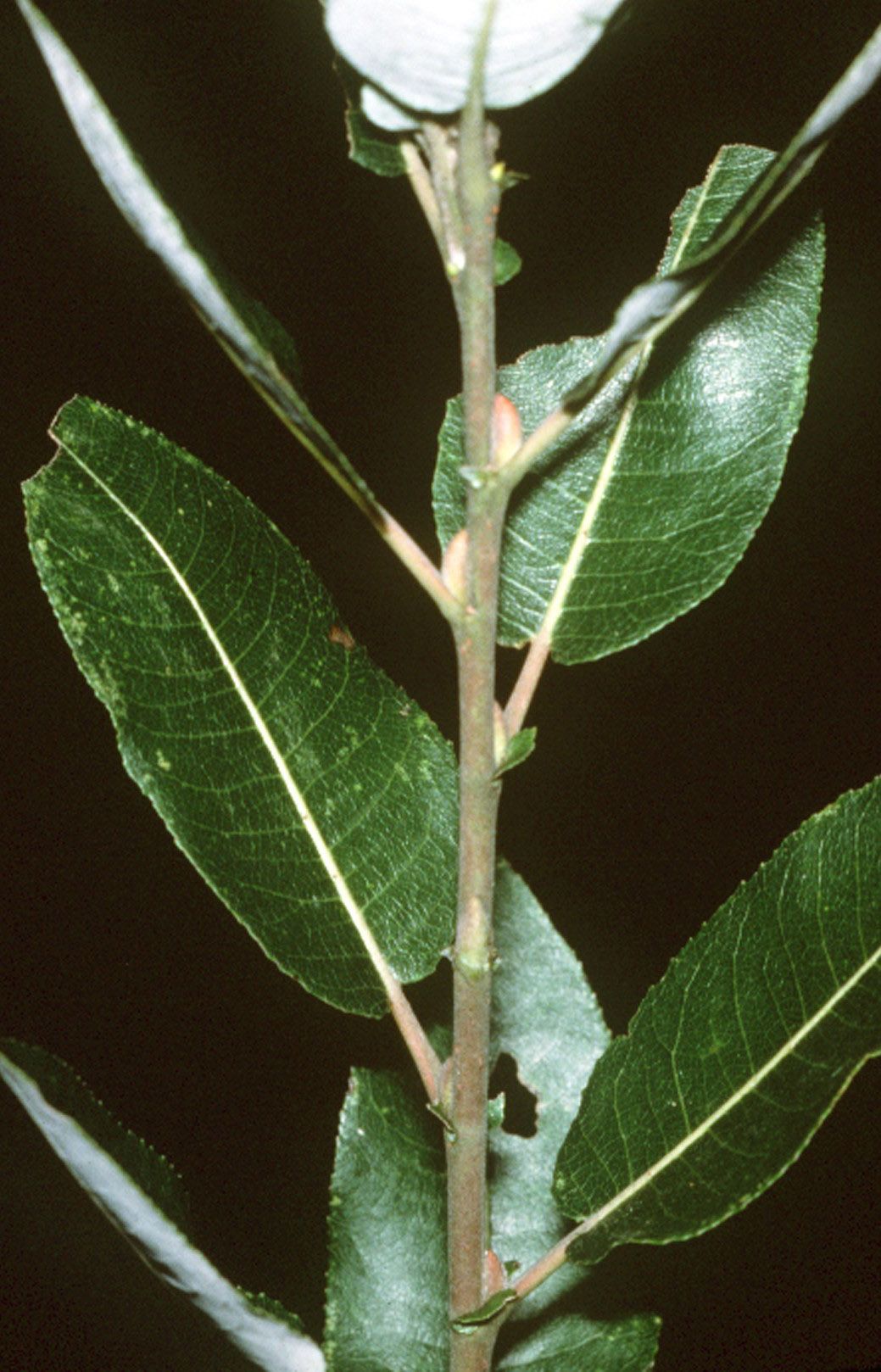
Willow bark
Another thing to try. We have potted pussy willows outside that I'd like to collect some bark from eventually and see about the touted pain relief — aspirin as a refined version of willow bark derivatives is a classic tale of herbal medicine becoming industrial pharmaceuticals. Learning how to create an even remotely effective at-home aspirin substitute could be really helpful as a survivalist tool, even if I would still prefer lab-tested painkillers and anti-inflammatories in the meantime. This remedy does come with more disclaimers, though. Willow bark very likely works, but I've never tried aspirin because my mother's allergic and I don't know if I am; ergo, the risk I would assume in trying willow bark would be the same risk in trying aspirin. However, I'd feel obliged to try it myself before telling someone else to try it for me. I also know it's not a good idea to combine this with other NSAIDs, just like how you shouldn't take aspirin and ibuprofen simultaneously, and it's not something to give to kids.
So, a riskier experiment. But as I said, probably a useful plant to keep an eye on for any hour of utmost need.
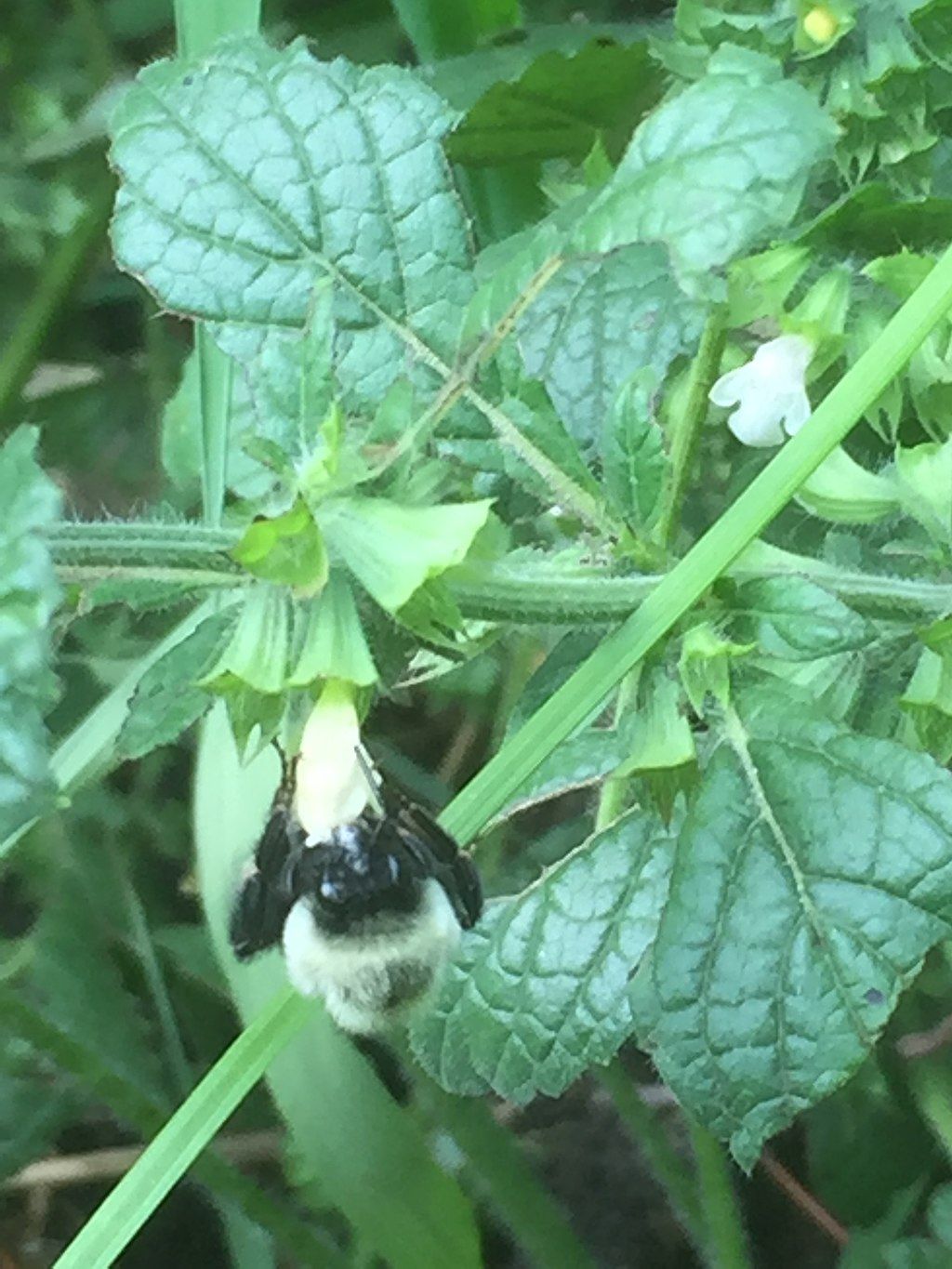
Lemon balm
This is a plant I only found out about by starting to study herbalism in the first place, which is entertaining because it's an herb that used to be common in lots of cooking and still can be, depending where you go. It sounds delicious and versatile, and I'd like to grow it for seasoning purposes if nothing else; but it's also supposedly yet another anti-anxiety herb, so if I could keep it around for that and for a wider variety of seasoning options than mint and catnip usually offer, it sounds extraordinarily tempting.
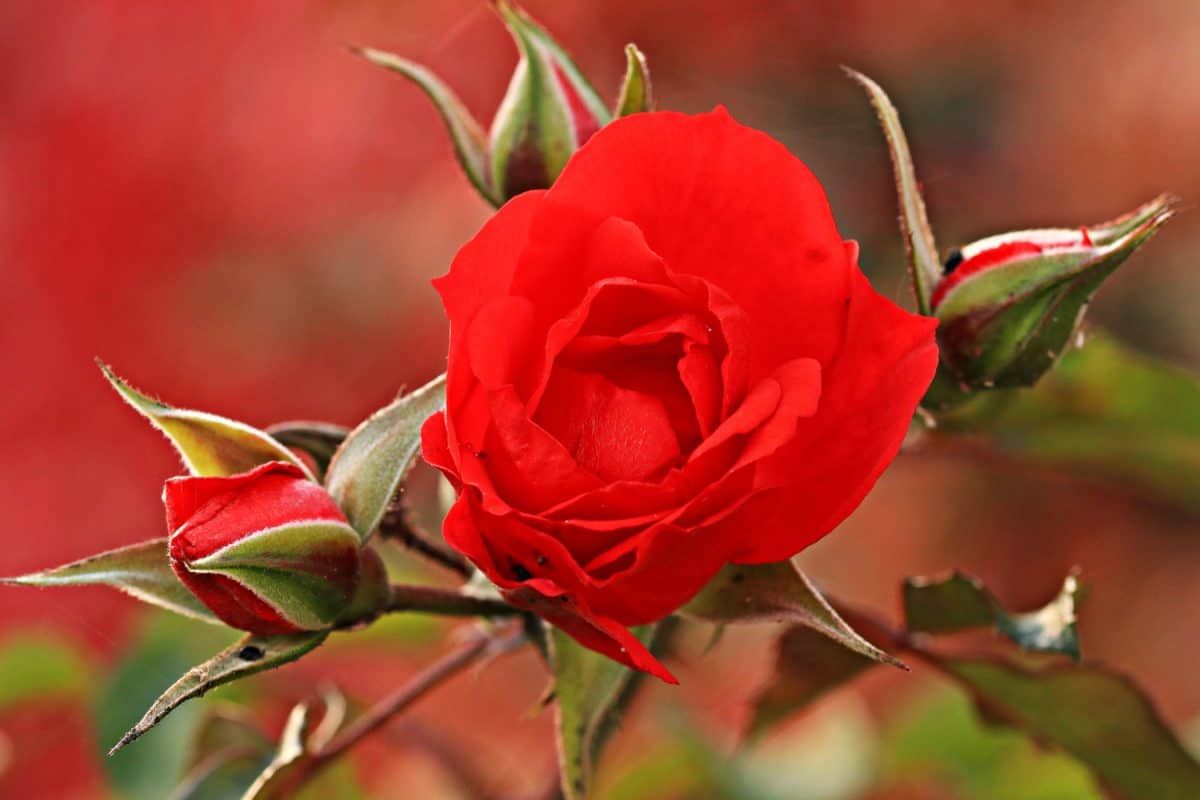
Rose
I didn't know until very recently that you can eat roses. Which is odd, because for most of my life I've known of rosewater, rosehip tea, and rose flavoring in confectionery like lokum. It still never occurred to me that if all of these things are safe for humans to consume, you could quite logically eat a rose; I imagined that decorative rose petals on cakes were just for show, and perhaps that was still the intention. So, last year I tried eating some rose petals, and they tasted rather nice, maybe too astringent near the base but a good tart-bright flavor elsewhere.
In any case, medicinally speaking fresh roses and their hips apparently carry a lot of vitamin C. This can be lost in the drying process, and I should mention that it's a popular myth that vitamin C is a cure-all for illnesses. All the relevant literature I've ever found states that vitamin C is important for collagen production, neurotransmitter production, and tissue repair; it also plays a key role in the immune system, but it sounds to me like if you're already consuming enough vitamin C, consuming extra won't make your immune system perform even better.[6] However, the taste of roses — whether eaten straight or as a flavoring agent — is so appealing that as a method of maintaining vitamin C in my regular diet, I would not say no to this option. What I'm most interested in trying is to collect hips in autumn from the bush we have growing outside, because I've never had rosehip tea and that would be another novelty.
Herbs that have not worked for me
I would be remiss in this post if I didn't include mention of some herbal remedies I've tried with zero effect. A few years ago my doctor (yes, my doctor! who was very good about all angles of medicine) recommended I try a chasteberry (Vitex) supplement to potentially treat intense premenstrual symptoms. I tried it for months and it really had no effect. I was buying this supplement from a reasonably trustworthy online vendor, but I have no idea if the problem was that chasteberry doesn't do anything for anyone vs. if the problem was correct dosing and quality of product.
Much longer ago, when I was a teenager I was given a witch hazel extract to try putting on my face, for acne. I don't remember that this was particularly effective either. Of course I am a rampant perpetuator of my own acne (through compulsive skin picking that spreads bacteria around, and through eating trigger foods) and almost no medication actually works; I get by as best I can by just keeping my face exfoliated and moisturized, and by throwing on pimple patches. So maybe the failure wasn't the witch hazel itself. But if witch hazel were really a miracle acne cure, surely it would have done something. Food for thought.
Conclusions, for now
I've only touched the very tip of all the herbs I'd like to experiment with, including a few that are riskier (relatively) and that I might have to come back to sometime in a more focused discussion of menstrual relief and abortifacients. But the examples I've given should hopefully give some sense of how I've started with some very basic experiments and am not imagining a jump to anything very intense right away — though simultaneously, I've been intrigued enough by my experiences so far that I want to keep going. I want to emphasize that in some cases, like mullein, I've only tried something once, so I expect to have varied experiences when I try it again. One single success is not enough for me to reliably infer that something really works for me all the time; it's just enough for me to feel more likely to try again than if I had no success at all.
I also have no final goals in mind. The more I can try and learn in the realm of herbalism, the better, but I'm not trying to become a medical provider or even an educator. In any future posts that I devote to my studies and experiments, I want to always frame my perspective as a student, a traveler — sharing what I learn because some people might find it interesting, not because I have definitive information. Yet if you do feel inspired as I've felt inspired by others walking this path, I wish you luck and safety, and would always be happy to exchange findings.
[1] Something bad happened in the region this year: one or two shockingly late frosts. This nearly killed a few plants on our own plot, but we were lucky; multiple local farms do not have peaches this year and are still holding their breaths about apples. I'm unclear on the specifics, but either the cold killed the blossoms or the cold killed too many awakened pollinators. I'm very worried about these farmers and what it spells for the devastation of unpredictable seasons in the future.
[2] I don't have clinically diagnosed dwarfism, but I'm at the exact height threshold that's the traditional upper bound of who "counts" as a little person; and I have noticeably disproportionate limbs to the size of my torso. I think of my stature as a disability that's so invisible it's often easy even for me to not say I'm physically disabled, except I'm really just taking it for granted that most furniture in the world has wreaked slow havoc on my lower back and made kitchen work far more arduous than it needs to be.
[3] Examples: I never add fertilizer and I haven't even tried to tinker with pH (though I have a good idea of what the pH here is). I water when the soil is dry or at risk of drying, and I don't when it's not. It would be nice to irrigate the vegetable bed eventually through rainwater collection, but that's still not using any more water than what's already provided by nature. I don't use pesticides. And although I'd like to get better about routinely pulling up plants that are causing actual problems (i.e. "weeds"), I don't spend time trying to concoct green herbicides — and I leave some number of unexpected plant visitors right where they are, like wood sorrel and wild violets, because they are just fine.
[4] If I have a cold I will gladly take acetaminophen to break my fever and meanwhile give more equal consideration to whether herbs or pharmaceuticals would be the best bet for breaking up upper respiratory congestion. If I have a bacterial infection I will take antibiotics (of the right sort, and for the prescribed treatment course). If there's an illness going around that I'm not vaccinated for but could be, I will absolutely go get the vaccine. It's all about what the stakes are. I can fuck around and find out when the stakes are low. I have no reason to forego certifiably life-saving medicine unless that medicine really is no longer available!
[5] I've seen arguments that at this point the degree of cultivation for both Cannabis sativa and Cannabis indica has resulted in neglible differences in CBD content when you survey all the strains out there, and that likewise indica's higher CBD does not mean there is less THC. So my experience with calming, soothing indica may nowadays be circumstantial or confirmation bias.
[6] And of course if you have a vitamin C deficiency, your immune system will probably suffer, but that won't be the only issue as you develop scurvy.
Thank you for reading, especially since as a post focused toward establishing certain principles again, it's naturally rather long. Next week things will probably be shorter, but my planned topic is prehistoric art, and the week after will bring a long-intended treatise on what I'll call the colonial European fetish for summertime. May you stay cool, comfortable, and breathing clean air in the interim.

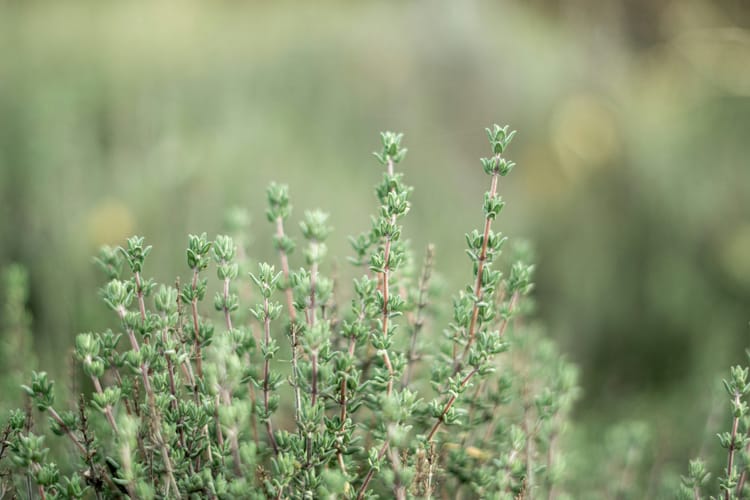
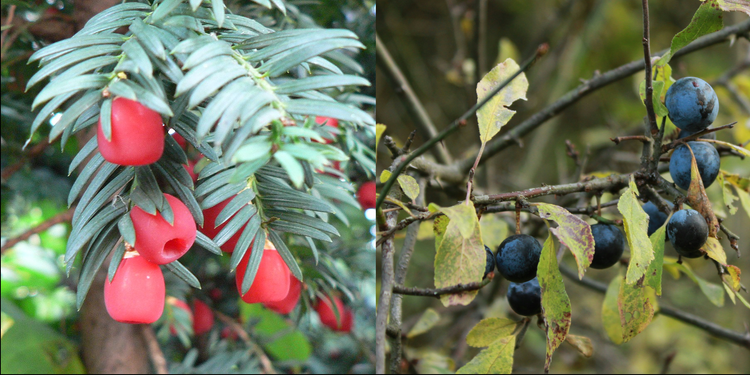
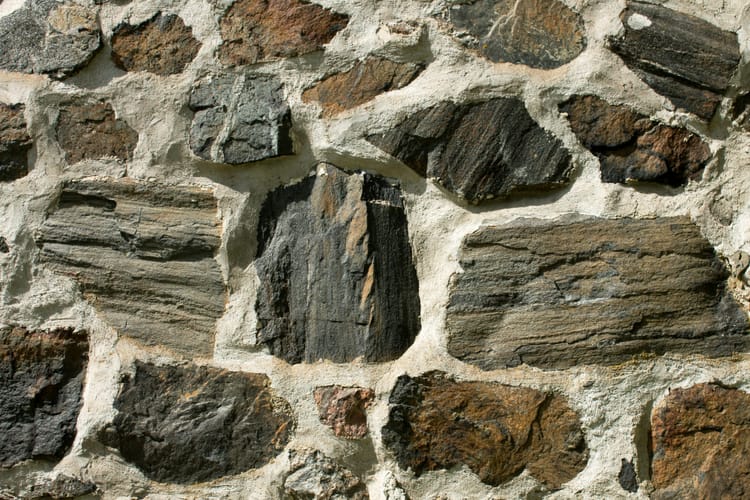
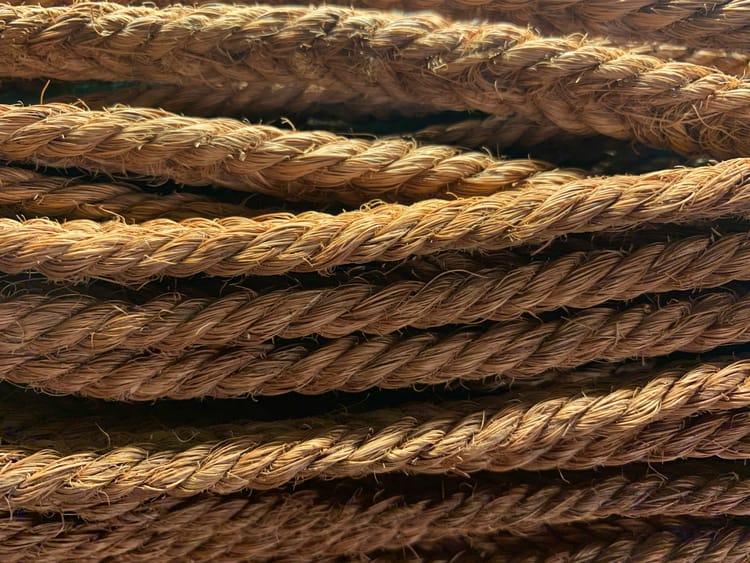
Member discussion